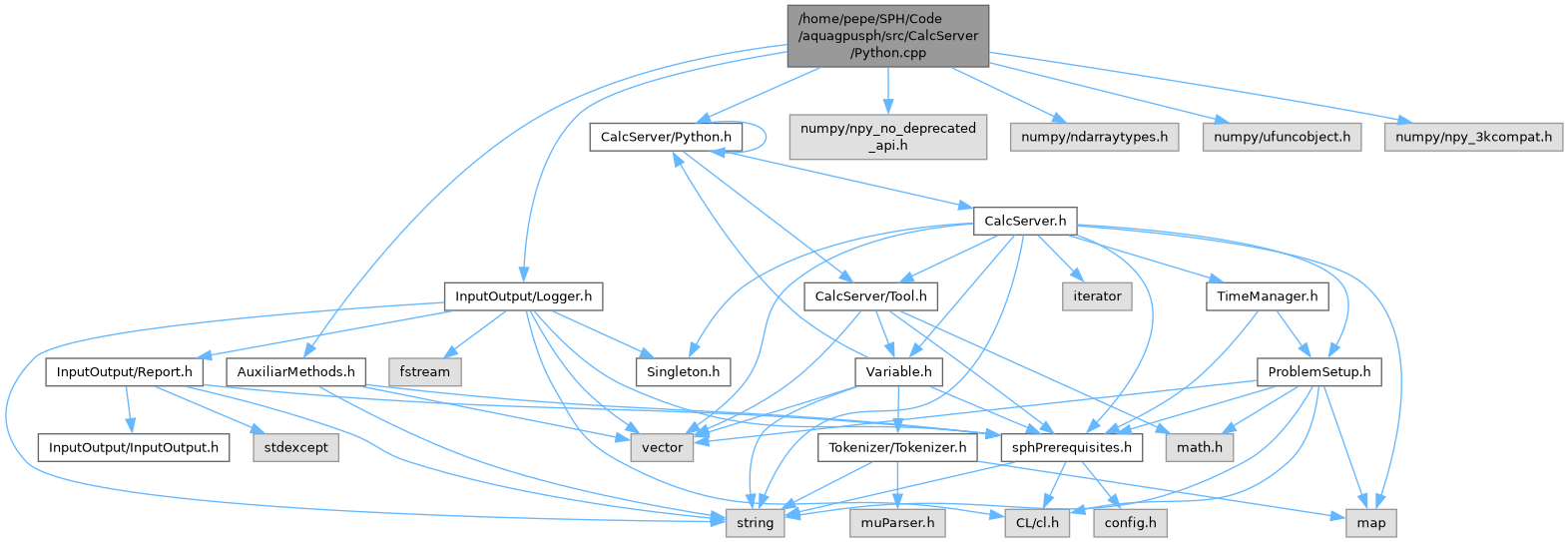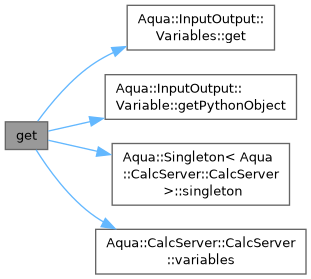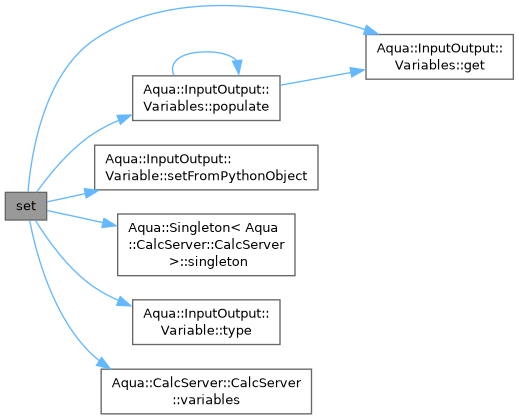Python script execution tool. (See Aqua::CalcServer::Python for details) More...
#include <AuxiliarMethods.h>#include <InputOutput/Logger.h>#include <CalcServer/Python.h>#include <numpy/npy_no_deprecated_api.h>#include <numpy/ndarraytypes.h>#include <numpy/ufuncobject.h>#include <numpy/npy_3kcompat.h>
Include dependency graph for Python.cpp:

Namespaces | |
| namespace | Aqua |
| Main AQUAgpusph namespace. | |
| namespace | Aqua::CalcServer |
| Calculation server name space. | |
Macros | |
| #define | PY_ARRAY_UNIQUE_SYMBOL AQUA_ARRAY_API |
| Define the extension module which this Python stuff should be linked to. | |
Functions | |
| static PyObject * | get (PyObject *self, PyObject *args, PyObject *keywds) |
| Get a variable by its name. | |
| static PyObject * | set (PyObject *self, PyObject *args, PyObject *keywds) |
| Set a variable by its name. | |
| static PyObject * | logMsg (PyObject *self, PyObject *args, PyObject *keywds) |
| Log a message from the Python. | |
| PyMODINIT_FUNC | PyInit_aquagpusph (void) |
| Module initialization. | |
Variables | |
| const char * | _stdout_redirect |
| stdout Python redirector. | |
| const char * | _stderr_redirect |
| stderr Python redirector. | |
| static PyMethodDef | methods [] |
| List of methods declared in the module. | |
Detailed Description
Python script execution tool. (See Aqua::CalcServer::Python for details)
Macro Definition Documentation
◆ PY_ARRAY_UNIQUE_SYMBOL
| #define PY_ARRAY_UNIQUE_SYMBOL AQUA_ARRAY_API |
Define the extension module which this Python stuff should be linked to.
In AQUAgpusph all the Python stuff is linked in the same group AQUA_ARRAY_API
Function Documentation
◆ get()
|
static |
Get a variable by its name.
- Parameters
-
self Module. args Positional arguments. keywds Keyword arguments.
- Returns
- Computed value, NULL if errors have been detected.
Here is the call graph for this function:

◆ logMsg()
|
static |
Log a message from the Python.
In AQUAgpusph the Python stdout and stderr are redirected to this function, such that:
- stdout messages will be logged with level 0
- stderr messages will be logged with level 3
- Parameters
-
self Module. args Positional arguments. keywds Keyword arguments.
- Returns
- Computed value, NULL if errors have been detected.
◆ PyInit_aquagpusph()
| PyMODINIT_FUNC PyInit_aquagpusph | ( | void | ) |
Module initialization.
◆ set()
|
static |
Set a variable by its name.
- Parameters
-
self Module. args Positional arguments. keywds Keyword arguments.
- Returns
- Computed value, NULL if errors have been detected.
Here is the call graph for this function:

Variable Documentation
◆ _stderr_redirect
| const char* _stderr_redirect |
Initial value:
= " \n\
class stderrWriter(object): \n\
def write(self, data): \n\
aquagpusph.log(0, data) \n\
def flush(self): \n\
pass \n\
\n"
stderr Python redirector.
- See also
- logMsg
◆ _stdout_redirect
| const char* _stdout_redirect |
Initial value:
= " \n\
class stdoutWriter(object): \n\
def write(self, data): \n\
aquagpusph.log(0, data) \n\
def flush(self): \n\
pass \n\
\n"
stdout Python redirector.
- See also
- logMsg
◆ methods
|
static |
Initial value:
= {
{ "log",
(PyCFunction)logMsg,
METH_VARARGS | METH_KEYWORDS,
"Log a message" },
{ NULL, NULL, 0, NULL }
}
static PyObject * get(PyObject *self, PyObject *args, PyObject *keywds)
Get a variable by its name.
Definition: Python.cpp:71
static PyObject * logMsg(PyObject *self, PyObject *args, PyObject *keywds)
Log a message from the Python.
Definition: Python.cpp:159
static PyObject * set(PyObject *self, PyObject *args, PyObject *keywds)
Set a variable by its name.
Definition: Python.cpp:106
List of methods declared in the module.